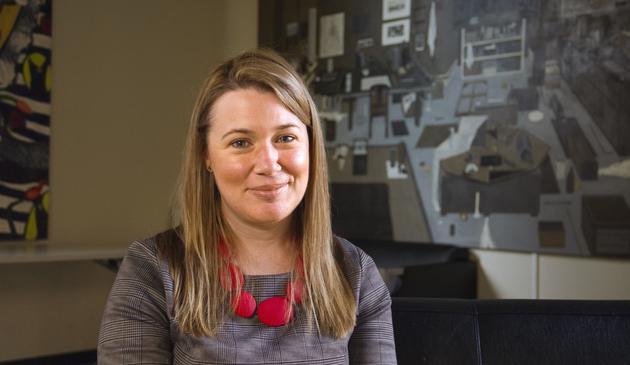One good thing about lock down and life in isolation has been the lack of FOMO (Fear of Missing Out). Nothing was happening, and everyone was in the same boat and stuck at home in survival mode. No-one was traveling or out having amazing, instagram-worthy adventures.
Now that lockdowns have mostly lifted (in Tasmania, at least), things are starting back up again. This means that familiar feeling of FOMO is starting to creep back in. To help with FOMO, clinical Psychologist and isolation expert, Associate Professor Kimberley Norris suggests reframing the situation, and using this time to your advantage, like starting study.
“The reality is, that when there’s nothing to miss out on, you’re actually not missing out. At the moment there are no activities that are available for people to be engaging in like there were before,” said Dr Norris.
“When we get FOMO now, essentially people are just using
their memories, their pre-existing expectations of what they would do without
actually recognising that those aren’t a reality right now.
“So it’s about trying to learn how to merge our actual reality with the opportunities that are available to us, such as learning new hobbies, skills, or even beginning a pathway of study towards a new career.
All those ‘rites of passage’ if you like, such as going on a gap year, going overseas, clubbing regularly, all those types of things, they aren’t part of our current reality.
While these things do not currently exist, says Associate Professor Norris, now is a great time to be working on yourself, and to do other things that are personally meaningful to you.
“Dealing with FOMO is about understanding that these experiences will re-emerge, and when they re-emerge, there will be opportunities to engage with them.
But for now, with these ‘rites of passage’ not being present, think of all the free time that’s available to do other things that are personally meaningful.
“Do things that don’t require you to go out of the country, don’t you require you to spend a lot of money, but actually put a lot of energy and effort back into you. So that when things are available, you’re actually even better equipped personally, to undertake them.”
“People with higher levels of resilience are more likely to both seek out positive and meaningful challenges and are better able to navigate these challenges by engaging with resources to support them to successfully navigate these times.”
If you are looking for a change, now might just be the perfect time to study, while travelling is off the cards. If you are after a bit of a challenge - a mild culture shock if you will - you might be able to experience it by starting at university, says Associate Professor Norris. Luckily, though, there is tons of support around you. Maybe unlike being broke and backpacking around South East Asia.
“Culture shock is by definition the process of adjusting to a new culture, which university is,” said Dr Norris.
“The difference being that at the moment because the academic environment itself is in flux with changes to delivery and study options brought about by COVID-19, there are a lot more people A) being willing to ask for help, and B) the support resources are definitely there.
“So it’s not that culture shock won’t happen, but it means that the resources that are available are definitely being emphasised. More importantly, more students are willing to say, “I need help” and recognise that that is a normal, and healthy response to stress.
“Whereas pre-COVID we often found that a lot of new students may have been reluctant to name it up, thinking it was a sign that they’d made a bad or the wrong decision when commencing their studies.
“The fact that the supports are there is proof that it is normal to find adjustment to study/culture shock challenging, is proof that it’s expected, and engaging with these resources will help you through that transition, it’ll help you through that culture shock experience.”
If going through a global crisis like this pandemic has taught us anything, it is that we’re much more resilient and are capable of so much, says Associate Professor Norris.
The research is really clear on this. If you’re never tested to your limit, you never grow.
“Going through experiences like COVID, or even commencing university studies, actually creates opportunities for us to develop our skills and pushes ourselves beyond our pre-existing personal ability through that process,” said Associate Professor Norris.
Here’s to being our best selves and a life without FOMO.
Main Image: Falls Festival Marion Bay. Credit: Claudia Ciapocha
